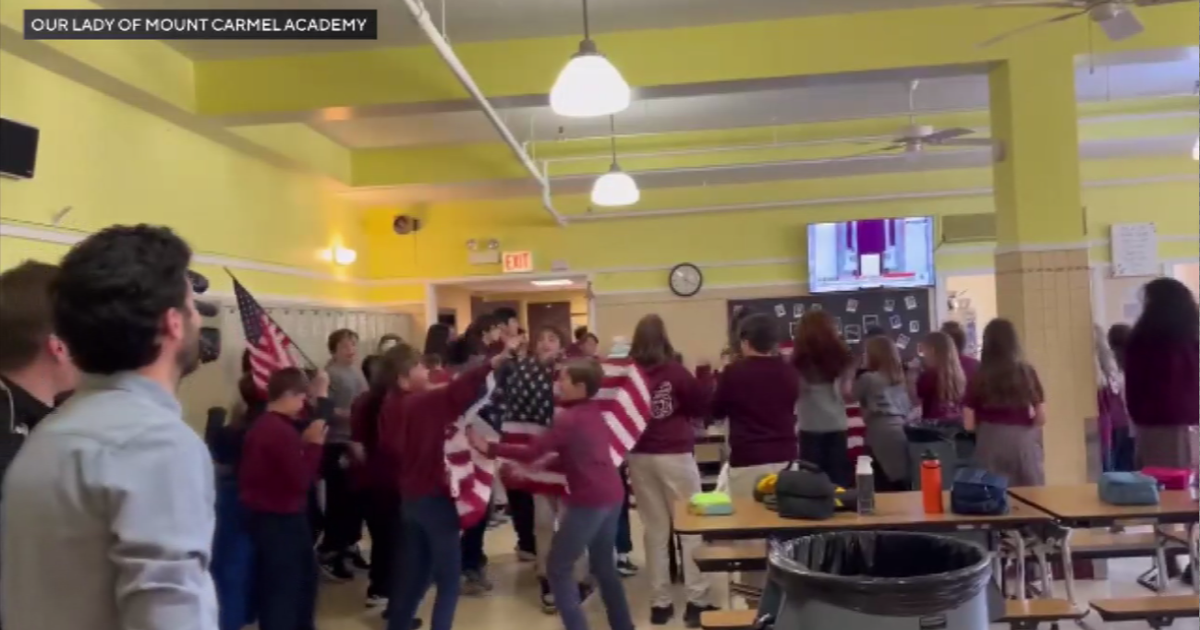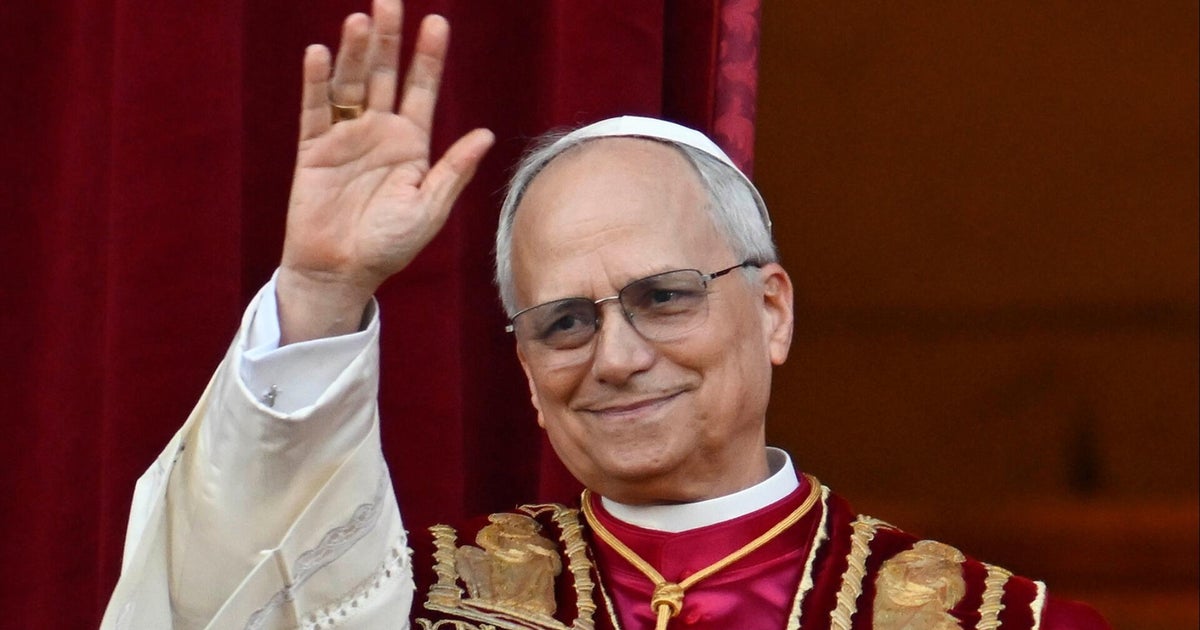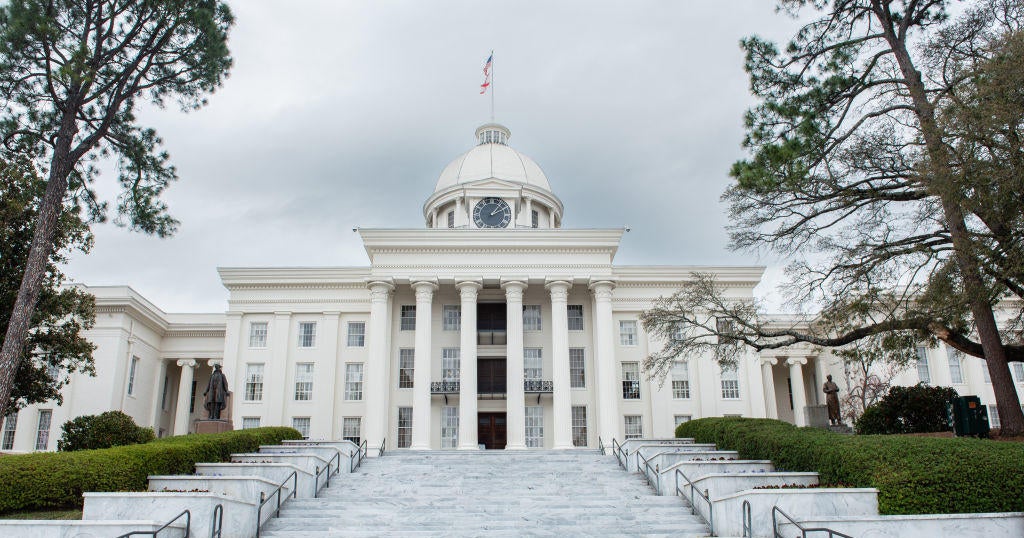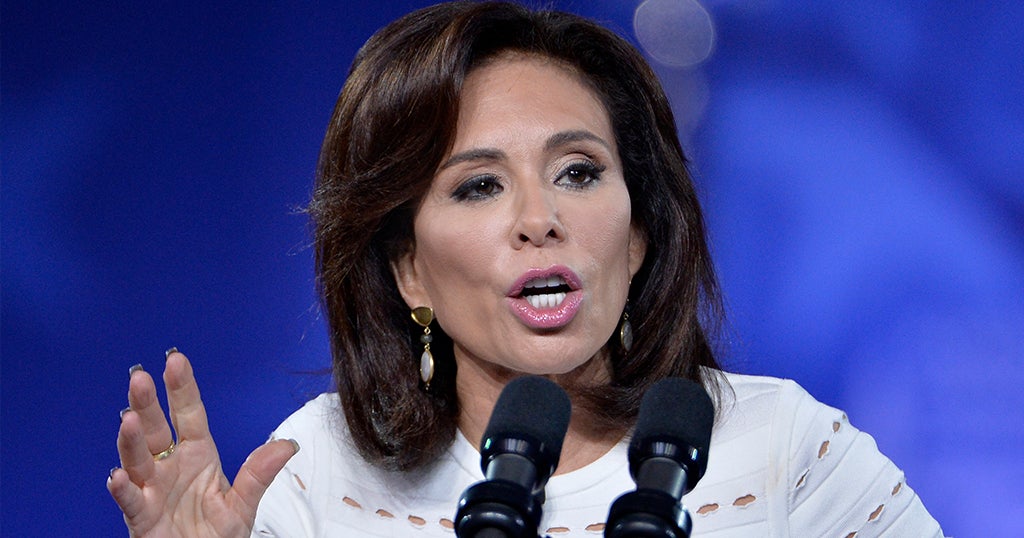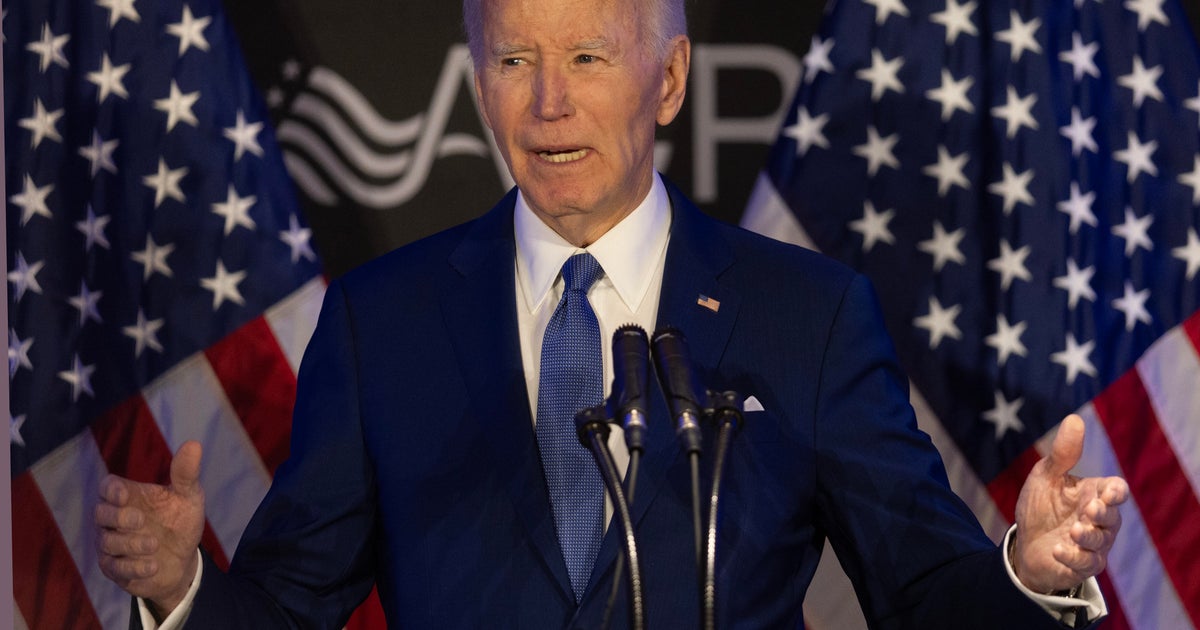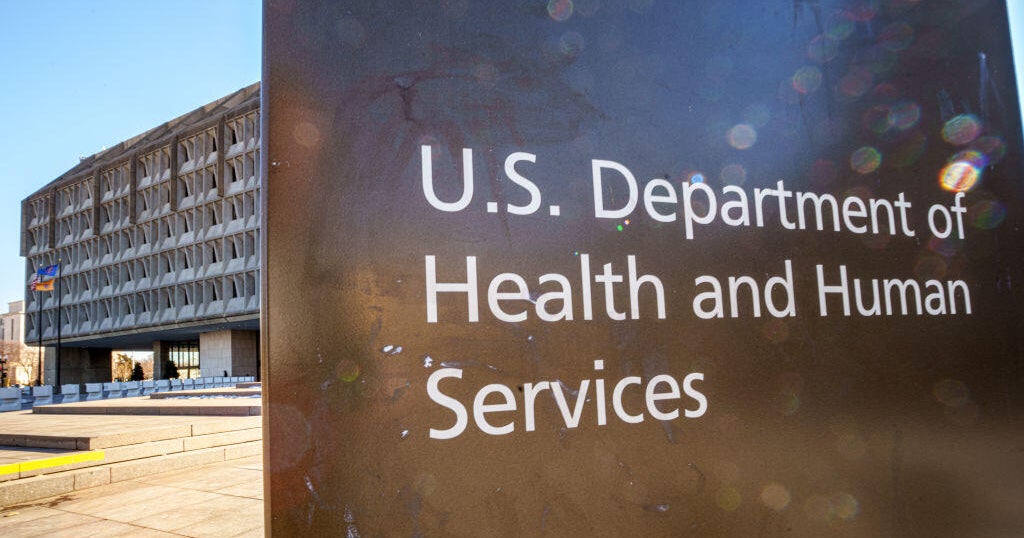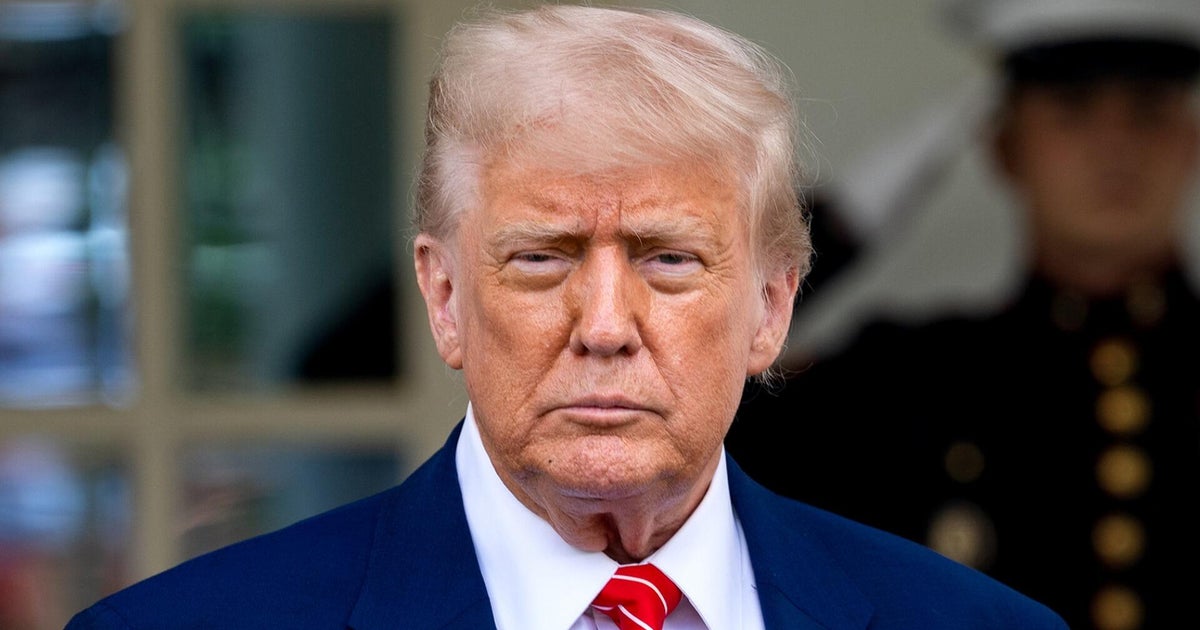Washington — The Trump administration asked the Supreme Court on Thursday to clear the way for it to end a program that allowed more than 500,000 Cubans, Nicaraguans, Haitians and Venezuelans to temporarily live and work in the United States.
The request for emergency relief arose from a case challenging Homeland Security Secretary Kristi Noem's decision to revoke a grant of parole that had been extended by the Biden administration to migrants from the four countries through a special parole program. The 532,000 people who were temporarily protected from deportation through the program, known as CHNV, were set to lose their legal status April 24.
A federal district court judge halted the secretary's March notice, finding that the Immigration and Nationality Act did not give Noem the discretion to terminate parole en masse for the 532,000 Cubans, Nicaraguans, Haitians and Venezuelans. Instead, U.S. District Judge Indira Talwani ruled that there had to be individualized decisions to end parole.
A federal appeals court declined to allow Noem to move forward with the termination of the CHNV program, and the Trump administration has now filed an emergency appeal with the Supreme Court.
In its request, Solicitor General D. John Sauer said that the district court did not have jurisdiction to enter its order because federal immigration law leaves parole-termination decisions to the discretion of the Homeland Security secretary. Sauer said the district court lacked the authority to "usurp the Executive Branch's control of foreign policy and immigration."
"In doing so, the district court engaged in the very review Congress prohibited — needlessly upending critical immigration policies that are carefully calibrated to deter illegal entry, vitiating core Executive Branch prerogatives, and undoing democratically approved policies that featured heavily in the November election," he wrote.
The Department of Homeland Security created special parole programs for certain nationals from Cuba, Haiti, Nicaragua and Venezuelan in late 2022 and early 2023. The Biden administration had said that the policy promoted legal immigration and dissuaded migrants from crossing the southern border.
Under the CHNV program, 532,000 migrants were allowed to enter the U.S. after securing a sponsorship from individuals based in the U.S. After entering the country, the migrants were granted parole and could then work legally in the U.S. for two years.
But the parole program was paused when President Trump returned for his second term in the White House. The policy was part of several others implemented in an effort by the Trump administration to crack down on immigration. Many aspects of Mr. Trump's immigration agenda have been challenged in federal court and temporarily blocked.
The Department of Homeland Security said in March that beneficiaries of the parole program had 30 days to leave the U.S. or face arrest and deportation.
A group of 23 individuals and a nonprofit organization challenged the termination of the CHNV parole program and prevailed before the U.S. district court in stopping the administration from terminating their legal protections.
The Trump administration has with increasing frequency been turning to the Supreme Court for emergency relief as more than 200 legal challenges arising from the president's policies are moving through the federal courts.
More from CBS News
Melissa Quinn
